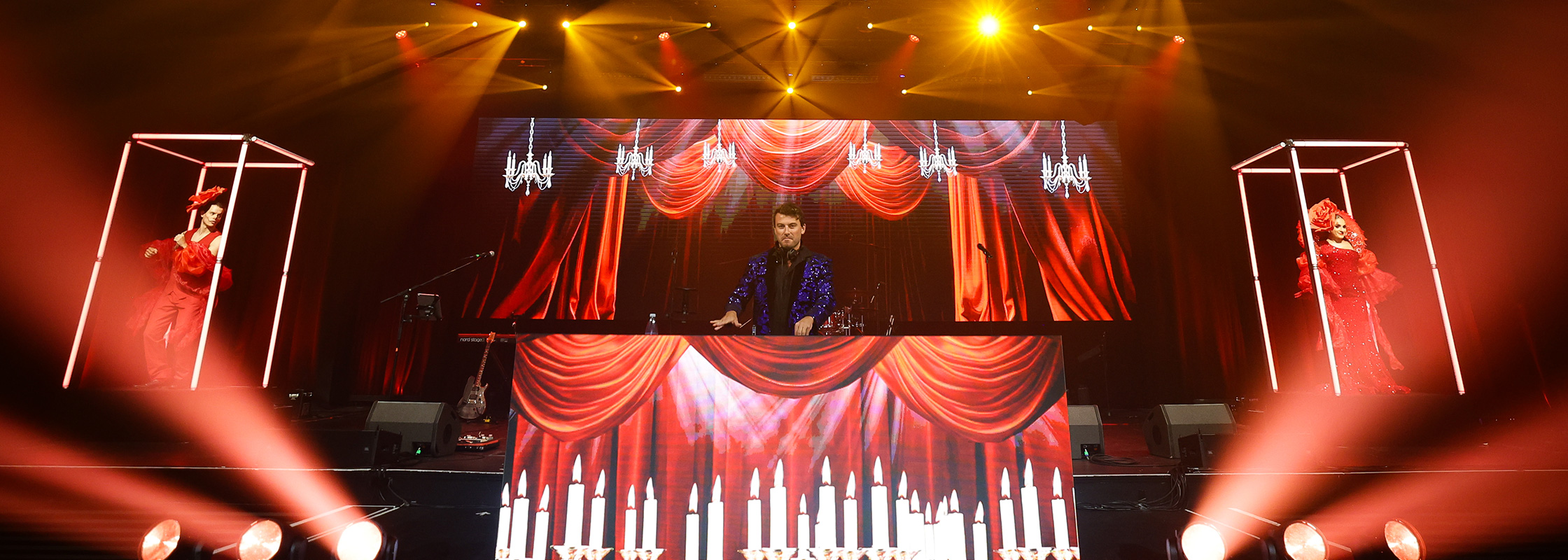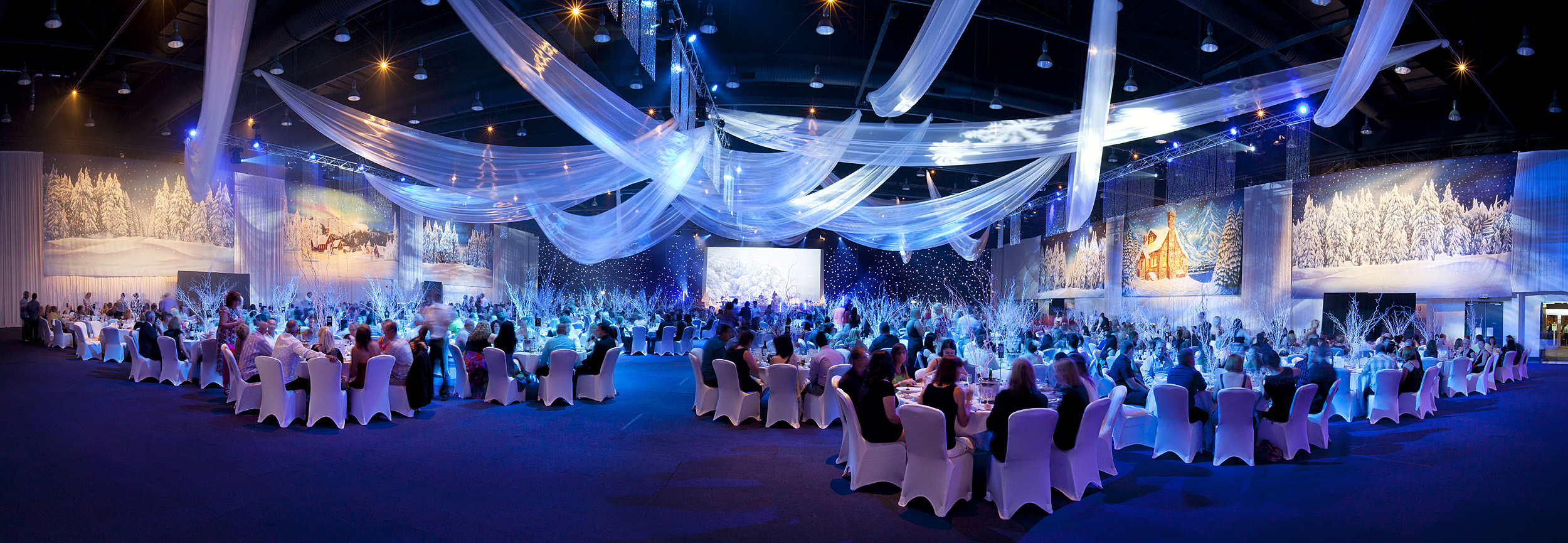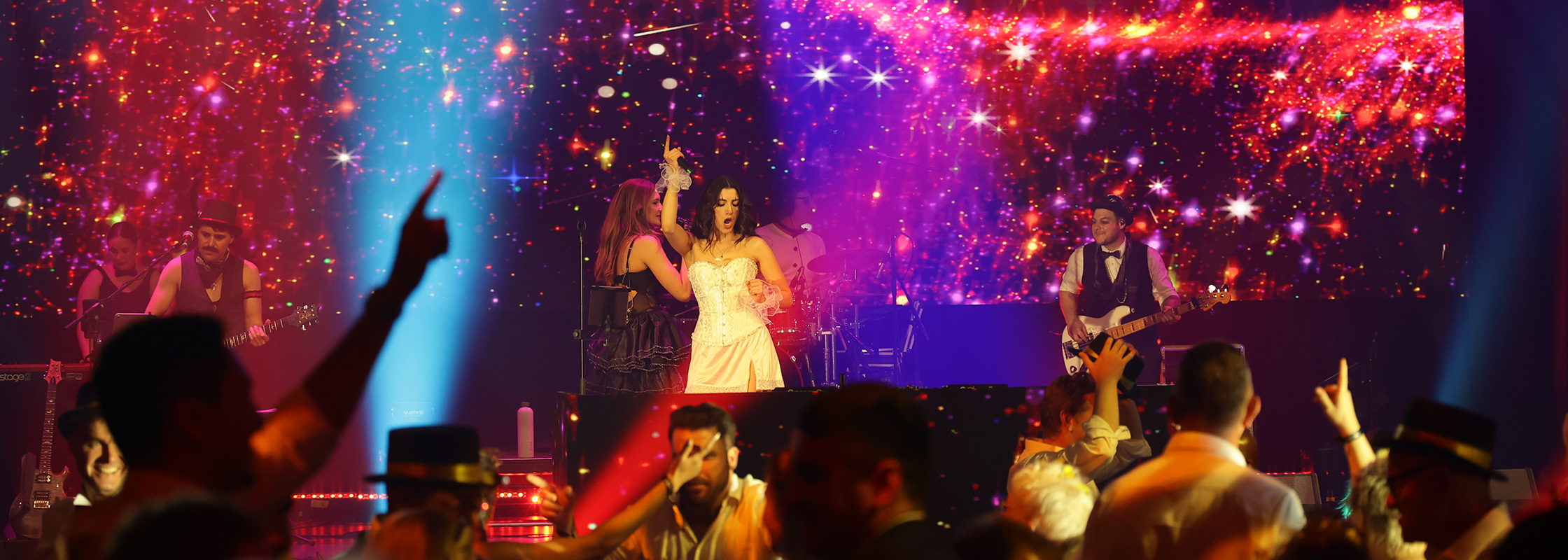Jul 8 2025
Related Posts
Tags
Leave a comment
Related Posts
Inspiration to Illuminate Your 2025 Festive Party
Aug 21, 2025
Top Tips and Ideas for Festive Parties in 2025
Aug 5, 2025




Comments